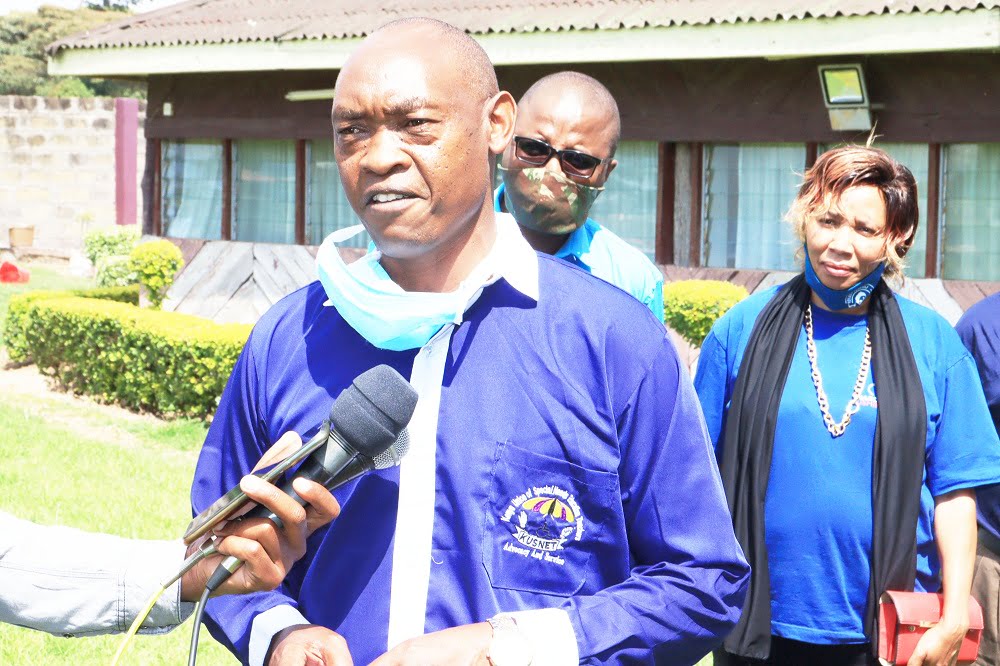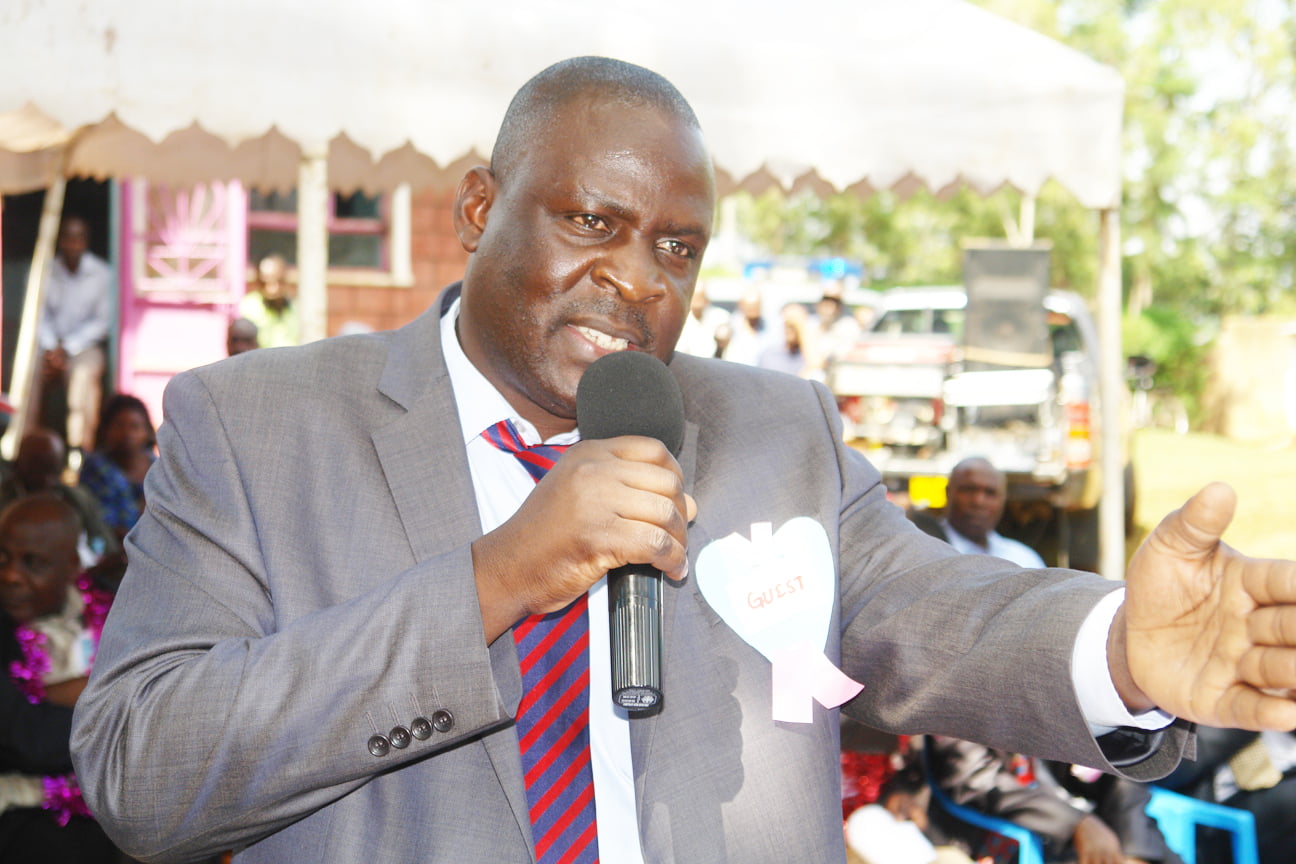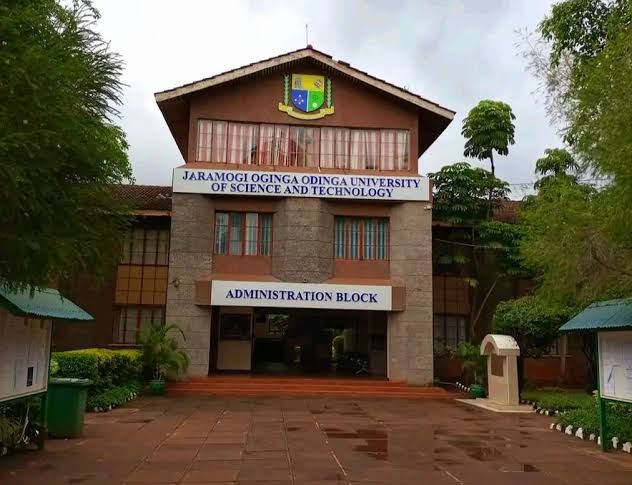By Roy Hezron
Increasing the number of teachers in Special Needs Education (SNE) to a ratio of 1:1 tops the list of proposals by the Kenya Union of Special Needs Education Teachers (KUSNET) to the Presidential Working Party of Education Reforms (PWPER) as part of the education sector changes.
In the letter dated October 15, 2022 signed by the Union’s Secretary General James Torome, KUSNET proposes that the number of teachers in special schools should be equal to the number of learners for effective teaching and learning process.
According to the report of the taskforce on Enhancing Access, Relevance, Equity and Quality for Effective Curriculum Reforms Implementations of December 2020, there were only 3, 865 SNE teachers in primary and secondary schools as at October the same year.
In the committee report which was chaired by Prof. Fatuma Chege, who would later be appointed Principal Secretary (PS) in the State Department for Curriculum Reforms and Implementation, SNE pre-primary schools, formerly Early Childhood Development Education (ECDE), had a total of 143 teachers at a ratio of 1:8.
The SNE primary schools had a total of 3,827 teachers with one teacher attending to 7 pupils (1:7), while SNE Secondary Schools had a total of 508 teachers at a ratio of 1:4.
The report shows further that an assessment conducted in 2019 by Teachers Service Commission (TSC) showed that 12,626 more teachers were needed in secondary special schools and inclusive settings due to the increased population.
KUSNET now wants SNEs to be staffed with only teachers who are trained in special education and in an area that the learners belong to. For instance, visually impaired learners should be taught by teachers trained in the area of visual impairment.
Additionally, the entry grades for teachers should be reconsidered with affirmative action being taken for arid and semi rid areas.
Currently, for candidates with disabilities, the minimum entry grade for Diploma in Primary Teacher Education (DPTE) is C-(Minus) in Kenya Certificate of Secondary Education (KCSE) and a C- (Minus) in English, Kiswahili, Mathematics, and in any of the Humanities and Science subjects.
For Diploma in Early Childhood Teacher Education (DECTE), the qualification is a mean grade of C-(minus) in KCSE.
The 2020 taskforce found out that there were a total of 18,028 integrated institutions. These are normal schools with special needs learners. They include 6,170 pre-primary (ECDE), 10,923 primary and 935 secondary schools.
In this regard, KUSNET in their proposal wants teachers in the special unit to be excluded from duties in the main school for effective teaching.
It further wants grants to be provided to Teacher Training Colleges (TTCs), other training institutions and Kenya Institute of Special Education (KISE) for specifically special needs trainers.
Better working conditions for EARC staff
KUSNET also proposes to the PWPER that the Educational Assessment and Resources Center (EARC) staff should be full time at the centres if they have to do their work efficiently.
“The current trends where they double up as Curriculum Support Officers (CSO) deny them time to undertake home-based programmes for those children who have been assessed but not placed in special needs education programmes,” said Torome in the letter.
According to Torome, EARC staff should enjoy special duty allowances like any other special trained teachers, because they carry out duties related to children with special education needs.
And to realize universal access to education for children with special needs, KUSNET suggests that the government should waive school fees for those children at every level of education, considering that they (majority) come from poverty-stricken families.
In addition, the government should facilitate EARC as was previously with motorbikes and their own kitty where the County Director of Education (CDE) remains a signatory to the account. Torome states in the letter that from experience CDEs do not facilitate EARC to do their work.
Regarding facilities in SNE institutions, KUSNET wants all special education programme facilities be improved and made disability-friendly.
Increased funding for SNE learners
The Union states further that the money allocated by the Ministry of Education (MoE) to children with special needs over and above what other children are given is not enough.
They say the money should be increased from the current Ksh2,300 to Ksh6,000 per child and also ensure that there are available devices in SNE institutions through enhanced capitation to special school.
Other proposals the Union made include having directors of KISE being degree holders in special education, introducing hydrotherapy facilities in special schools, increasing capitation for the deaf/blind, and automatic remuneration after higher qualification in the field of special education.
The public can now submit their views on basic education, tertiary, and university education to the working party led by chairman Prof. Raphael Munavu either physically or via email.
According to a notice from the taskforce, the deadline for submission is November 18, 2022.






